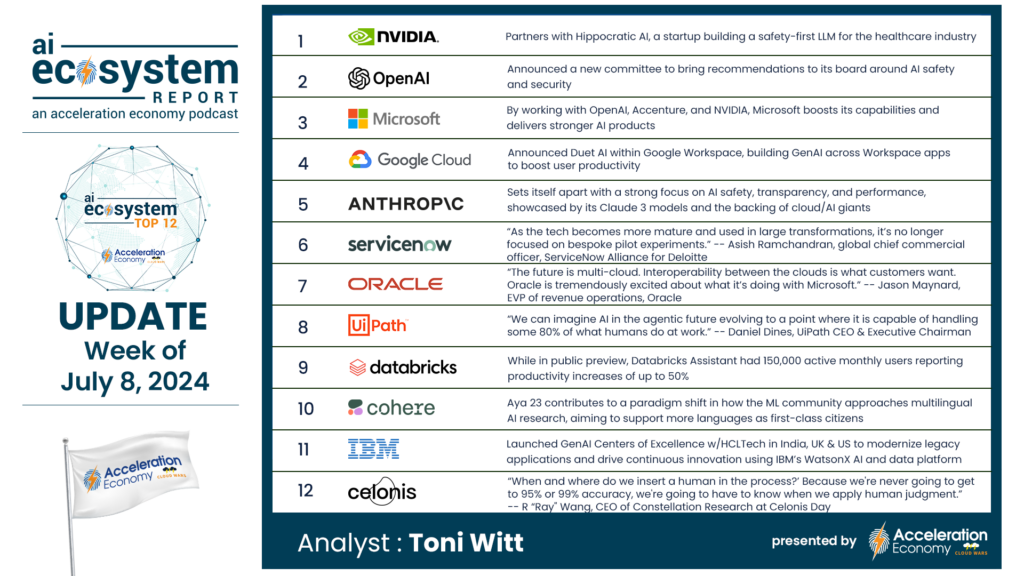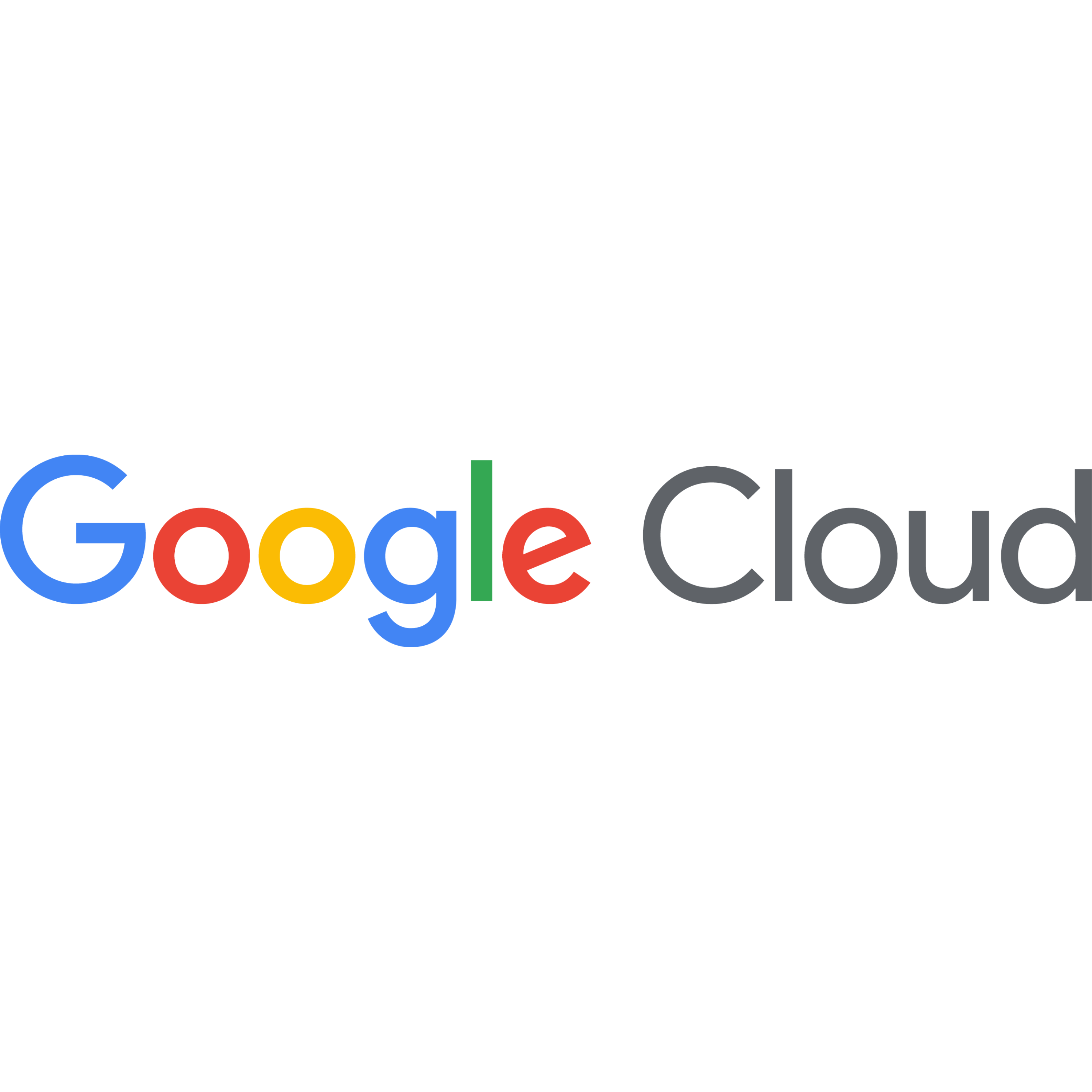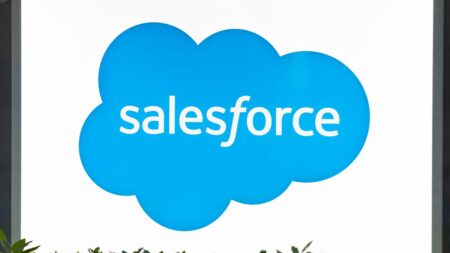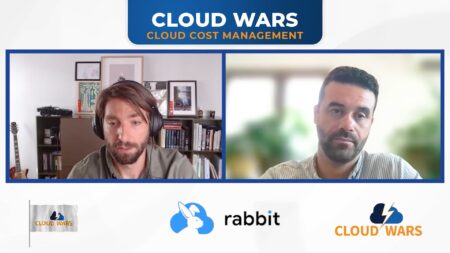
Kieron Allen interviews Stephen Orban, vice president, migrations, ISVs and marketplace at Google Cloud, as part of the Acceleration Economy Partners Ecosystem Innovation series, in which he speaks with top executives responsible for the ecosystem businesses of the Cloud Wars Top 10 companies.
In this discussion, Orban details how the ecosystem is evolving, the fusion of cloud and AI services, and AI’s impact on cybersecurity.
Highlights
Partners Ecosystem Evolution — Co-Creation vs. Co-Selling (00:48)
From a cloud provider perspective, Google Cloud is seeing customers across industries committing to digital transformations — looking to change how they deliver their products and services to customers. When a customer commits to Google Cloud, they can use Google Cloud services, or they can buy software from the partners ecosystem in the Google Cloud marketplace. Google Cloud positions it as a three-stage flywheel of how partners engage: building, marketing, and selling with Google Cloud.
“We really lean disproportionately in, and partners lean disproportionately into us when we can build something unique that customers can’t find anywhere else,” Orban says.
Fusion of Cloud and AI Services (3:13)
The Google Cloud ISV ecosystem has seven pillars:
- GenAI and large language models (LLMs) (partner examples: Anthropic, Cohere, Mistral)
- Infrastructure partners (NVIDIA, Intel, VMware)
- Security partners (Palo Alto, Wiz, Exabeam)
- Data/analytics/databases
- Horizontal applications partners (Workday)
- Vertical industry apps providers
- Data providers that help customers make decisions
In all of the pillars other than AI, everyone is considering how they infuse AI capabilities into their products to better serve their customer needs. Workday’s a great example: It’s using several Google Cloud models to perform functions such as automatically creating job descriptions or start the annual review process.
Partner Focus: Co-Creation, Scalability, Reach (5:01)
The focus with new partners including Workday, NVIDIA, and Hugging Face is co-creation, scalability, reach, and more. Google Cloud wants both the most open AI ecosystem and the most complete ecosystem for customers to solve their problems or achieve their target outcome. Google Cloud thinks about the AI stack on multiple levels.
- Lowest level: hardware, infrastructure, chips — the company has its own chips and it partners with NVIDIA
- Next level: AI models. Google Cloud has its Gemini model as well as models from Anthropic and a partnership with Hugging Face. Google Cloud believes its Model Garden, where it hosts 130 models, is the broadest set available to customers.
- Next level: tech and platform partners helping customers use AI around those models. Examples: MongoDB and their vector database to help customers index a search; Datadog providing observability on the modeling and tools customers are using.
- Highest level: SaaS application and data provider partners. Examples are Workday and Dun & Bradstreet infusing AI into everything they do.
Four Partner Principles (7:57)
Trust and security remain Google Cloud’s number one priority, both for the ecosystem and the cloud business. At the beginning of the year, it published four cloud partner principles. Trust and security is first and foremost, both with how the company co-sells and manages customer relationships together and also for AI. The principles also cover how the company respects customer choice; how it’s trying to build the world’s most open ecosystem to support customer innovation; and how it’s trying to accelerate time to value through its marketplace.

Leveraging AI for Enhanced Cybersecurity (9:49)
New AI capabilities present a great opportunity to improve Google Cloud’s cybersecurity benefits. AI might create new threats, where bad actors have more tools at their disposal. But it also helps Google Cloud develop more tools to neutralize them. AI can be used to identify patterns in data in real-time to identify potential risks much more quickly. Google Cloud’s working with Palo Alto Networks and Exabeam to integrate AI capabilities into their services to do that. Wiz also recently launched an offering to protect Google Cloud Vertex AI.
Partner Advantage: Boosting Deals and Innovation in Google Cloud (11:49)
Partners tell Google Cloud its Partner Advantage program helps it stand out. Partner Advantage specifically now serves more than 100,000 partners. This includes partners across all different types. It has sell partners, service partners, and build partners. One of the company’s larger marketplace partners has been able to close deals that are 20% larger going through its marketplace than when it doesn’t.
Ask Cloud Wars AI Agent about this analysis













